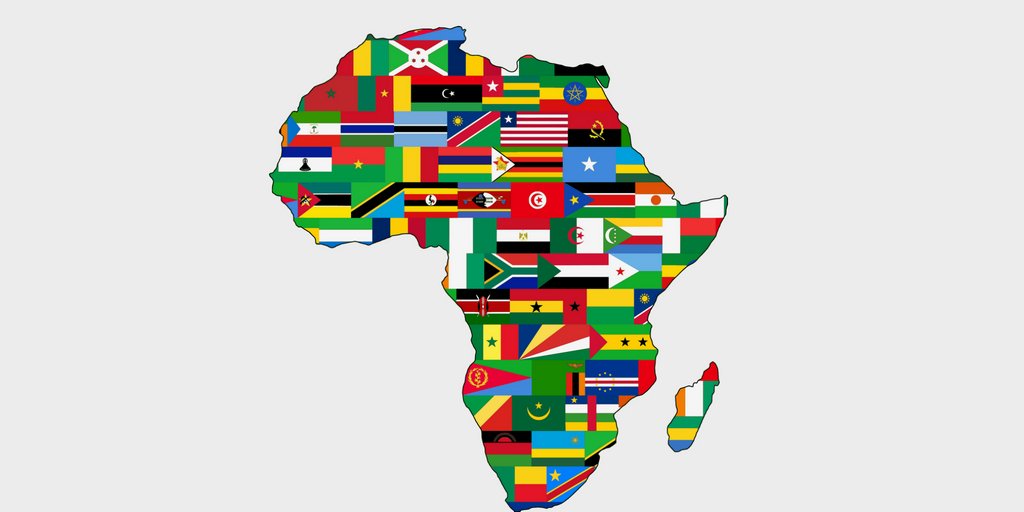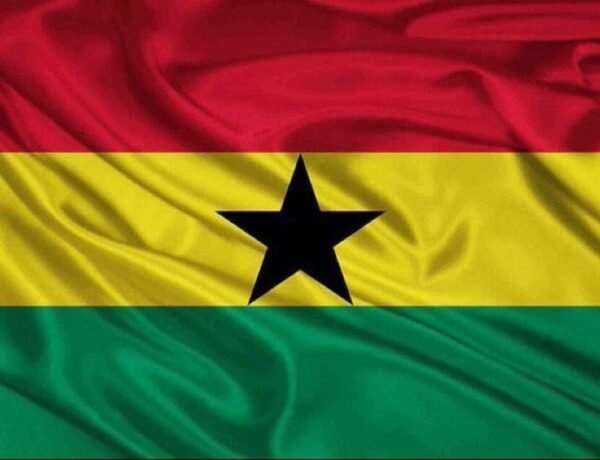Introduction:
As the second largest continent in the world, Africa is endowed with a plethora of rich resources and peoples whose skills, expertise and energies can be mobilised to compete creatively and competitively to secure socio-economic, political, cultural and security advantages on the global plane. According to Worldometer (2024), the world population clocked 8.1 billion with Africa’s share of 1, 460, 481.72, constituting 18 percent of that figure. Uniquely, and in comparison to most developing continents, Africa has the youngest and dynamic population structure, which places it in a positive and favourable frame for growth and development; however, reports from global financial institutions, UN documents, academic researches, including journalistic articles, portray the continent of Africa in bleak and gloomy light. While Africa’s stagnation are attributable to its colonisation by European states, current African leaders have endemic instincts for avarice that drive them toward pursuing myopic socio-economic and political policies to advance their self-interests at the expense of their citizens. The perennial and diverse struggles of Africans in the face of bounteous resources warrant the statement: Either we are too dumb or we are not with it, as stated in the title above. Some attempt is expended to explore the issue in some perspectives.
Either We are too Dumb or We are not with it
Devoid of creating offence and antagonising leaderships in the continent, the above title is intended to incite critical self-examination and re-consideration of strategic thinking to fashion national and regional policies to propel the growth of African states as well as collaborate to build an African continent for the present and future generations. Undoubtedly, Africa has the largest reserves of Cobalt, Diamond, Platinum and Uranium and occupies 65 percent of arable land, including 40 percent and up to 90 percent of global chromium and Platinum. These mineral resources could have been exploited, processed and developed to provide infrastructural and socio-economic projects to earn the peoples employment and sustainable livelihood. Brief usefulness of the minerals are as follow: First, Platinum is used to manufacture computer hard-disk, thermocouples, optical fibres, turbine blades, spark plugs, pace-makers and dental filings. While this natural resource is worth billions of dollars and a source of opportunity for crating sustainable economic and employment for Africans in the region, they are sold cheaply in their raw state to foreign multinational corporations without adding value to them. Second, Cobalt is an essential and critical resource deployed in the manufacturing of air-bags in automobiles, catalysts for petroleum and chemical industries, water resistant alloys, and drying agents for paints among others. Third, Uranium is used to produce commercial nuclear reactors for electricity generation, isotopes for medical and defences equipment. Fourth, gold is a precious metal and produces 78 percent of all jewellery and ornamental products. The above illustrates the potential of Africa’s ability to develop regional economic and social capability of lifting the continent from poverty and over-relance of foreign states and corporations. Yet, the continent is drowning in abject poverty with poor infrastructural deficits undergirded by a teeming youth unemployment.
Despite the extensive deposits of mineral resources in Africa, there is paucity of collaboration between and among universities within the region to develop expertise in the exploration, processing and development of those resources to enhance the economic sustenance and competitiveness of the region. A casual examination of higher educational institutions with mining expertise in Africa are as follow:
- University of Witwatersrand
- University of Pretoria
- University of cape Town
- University of Johannesburg
- Federal University of Technology, Akure,
- University of Nigeria
- University of Mines and Technology, Ghana
- University of Zimbabwe
- Cairo University
- National University of Science and Technology , Zimbabwe
- Cadi Ayyad University
The above list is not exhaustive but a reflection of the existence of technical universities with some expertise in mining activities. One would have taught that the presence of these mineral resources within and across the region of Africa should attract collaborative research among those universities; in order, that the universities will share and exchange expertise with a view to building regional capability and competitive edge to engage in the global mineral markets without reliance on multinationals. Also, these resources could have been developed to enhance the economic and social wellbeing of the teeming African youths by diversifying into other economic ventures relating to the above resources. Sadly, there is no or little collaborative research relationship between or among these African universities to secure regional knowledge in addressing the peculiar challenges of the region. Whilst these resources are deposited in the continent of Africa, majority of their citizens are living in abject poverty without access to basic means of sustenance. The failings of these African leaders to initiate policies to enhance the welfare of the peoples and the region, tease the view that, perhaps we are not with it.
We are not with it
Africa’s potential to grow economically, socially, politically, culturally and even technologically is supported by the availability of rich mineral resources, dynamic youthful population coupled with universities, which should be invested in to lead the charge. However, the continent’s over-reliance on foreign states and Multinational corporations to initiate its developmental needs warrant the statement “we are not with it” A former US army official, Colonel McGregor, once remarked that: A country which depends a foreign state or organisation to build its infrastructural and developments needs will not become independent, but attached to that state.” Relating McGregor’s statement to the African situation indicates that the continent has not only become vassal states of their former colonisers, but also affirms the view that “we are not with it”. This is because since independence African leaders and their cronies have systematically colluded with foreign entities in plundering the resources of their states in exchange for favours which satisfy the narrow self-interests of their families and friends. They are quick to point accusing fingers to external factors/forces as contributing to their woes; yet, they have not stopped stashing state monies into off-shore accounts in financial havens.
Final Remarks
With the Asians and Latin Americans speedily riding themselves from over-reliance on western powers, Africa is still engrossed in the naivety that its redemption will come from the west. The growth of the Russian economy amidst the Ukraine war, including the numerous sanctions imposed against it should the African one lesson; that, Africa can develop to become a substantial regional economic and political power should its leadership develop altruistic sentiments in managing the affairs of the states and continent. True, selfless and visionary leadership is needed to dream creative and humane policies capable of collaborating the region into securing critical expertise for development. Until then, the right characterisation of Africa is: Either we are too dumb, or we are not with it”.




